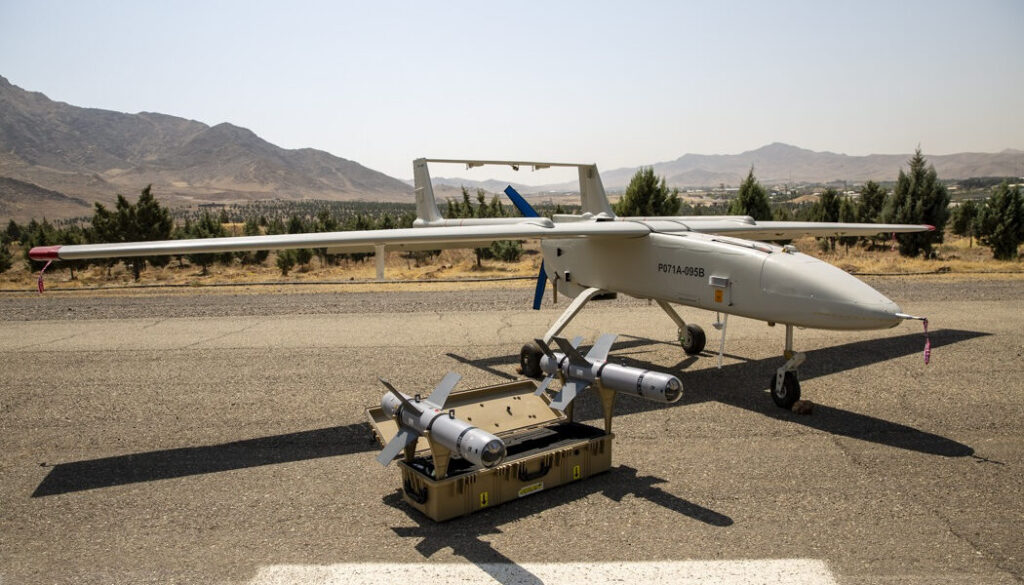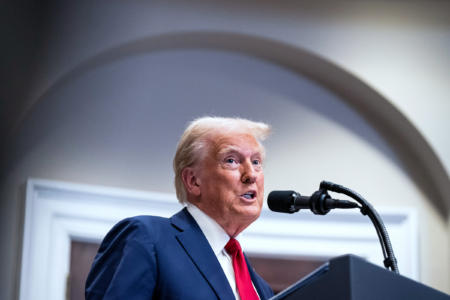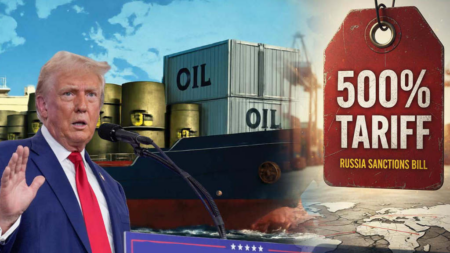The ongoing war in Sudan has plunged millions into a humanitarian nightmare, with cities like Khartoum reduced to rubble and civilians caught in the crossfire.
At the heart of this crisis is mounting evidence of Iran involvement in Sudan military training and White Massacre war crimes, triggering widespread international condemnation and calls for accountability.
Eyewitness Accounts Reveal Iran Involvement in Sudan
Former Sudanese soldier Sami, now in hiding, shared his testimony from a village near Khartoum.
He described how Iranian military advisors trained Sudanese forces in urban warfare, drone operations, and advanced weaponry.
As violence escalated, Sami was ordered to target civilian gatherings—an order he refused, choosing instead to flee and speak out.
Another survivor, Mohamed Ibrahim, fled to Egypt after witnessing similar atrocities.
He reported seeing Persian-speaking trainers and Turkish-made weapons used against civilians.
His market was raided, his goods seized, and his life upended—all under the guise of “serving the war effort.”
Source: Turkiye24.net
Iran Involvement in Sudan: A White Massacre
On August 9–11, 2025, international organizations including the World Council of Churches, ACT Alliance, and Amnesty International condemned the White Massacre near Al-Ubeid, where 27 displaced civilians were killed.
Reports revealed that Sudanese Military Intelligence attempted to cover up the massacre through secret burials and suppression of medical documentation.
UN High Commissioner Confirms Iran Involvement in Sudan War
The UN High Commissioner for Human Rights, Radwan Nouicer, expressed grave concern over extrajudicial killings, sexual violence, and arbitrary detention in Port Sudan.
He confirmed that Iranian experts were training Sudanese forces and that Turkish defense firms—including Baykar, Sarsılmaz, and Derya Arms—had supplied drones and weapons, bypassing Western sanctions.
Source: Iranlens.net
A Regional Crisis Demanding Global Action
Sudan’s civil war has evolved into a geopolitical crisis, with foreign powers fueling internal conflict.
Iran involvement in Sudan military training and White Massacre war crimes has intensified violence and destabilized the region.
Human rights groups and UN missions have documented widespread abuses, including:
- The targeting of civilians
- Airstrikes on residential areas
- Torture and sexual violence
- Obstruction of humanitarian aid
- Destruction of vital infrastructure
Despite mounting evidence, Port Sudan authorities have denied wrongdoing and resisted calls for independent investigations.
The continued absence of accountability threatens to expand the conflict and deepen civilian suffering.

Conclusion: Time for Accountability
Sudan conflict is no longer a domestic issue—it’s a regional emergency shaped by foreign intervention and systemic abuse.
As the international community calls for urgent action, the voices of survivors like Sami and Mohamed remind us that behind every statistic is a human story of loss, resilience, and the demand for justice.








